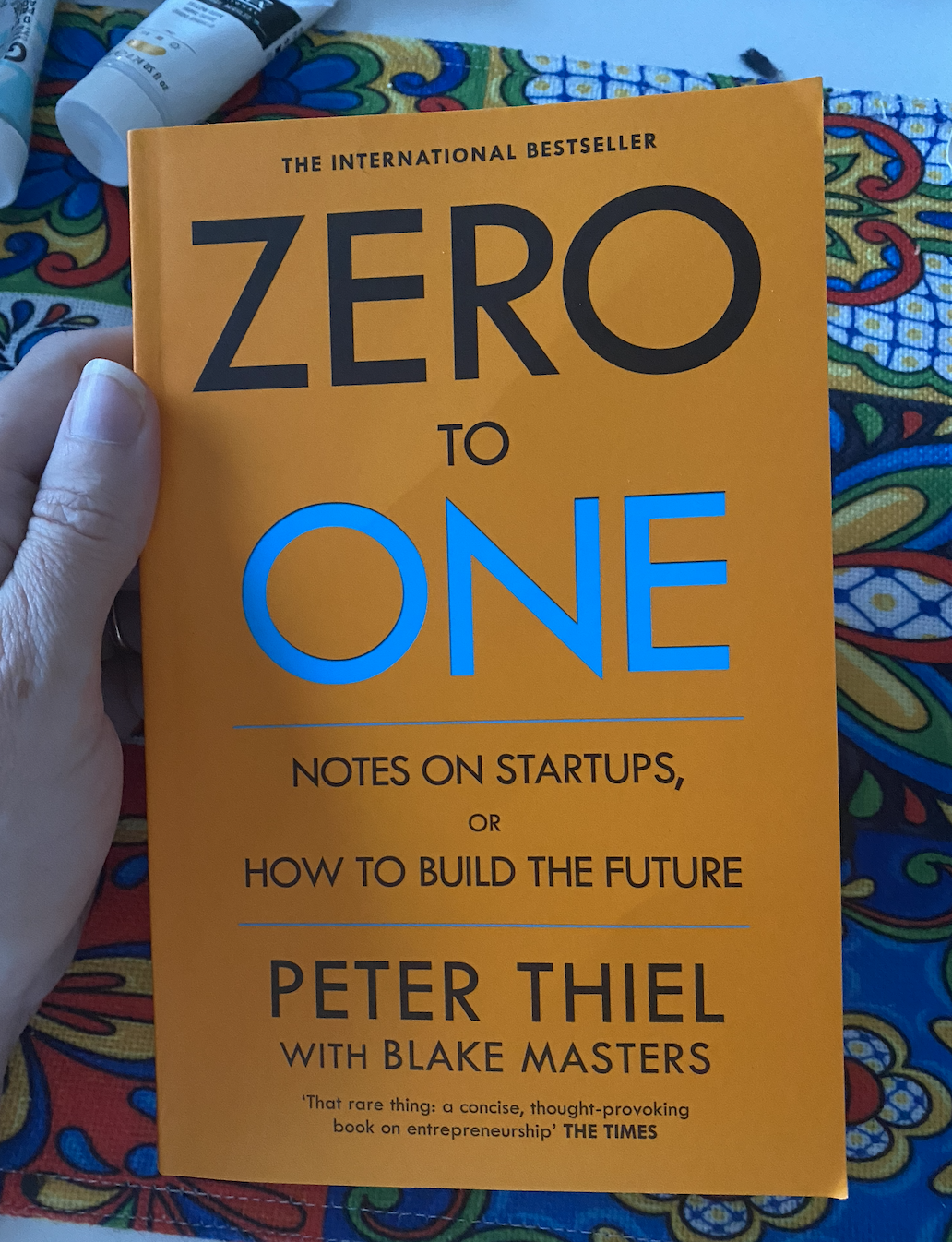Like any billionaire, PT can be a divisive figure. However, I don’t think PT’s business acumen is that bad, and in this book he does have something I can agree with: optimism in general and optimism for the future. The book is an assemblage of notes from a course he taught at Stanford. The introduction states that Blake Masters was a student in that course who took dutiful notes, which have turned into this book. It does read a bit like a series of lectures.
Reading this book in 2022 is still a useful thing to do but it is very clear that the book was written in 2014 or so, which can feel like forever in tech years. There are still strategies that will work at startups, they simply worked very well when they were brand new and PT put them to work 20 years ago - namely the ‘pay customers to sign up’ strategy of Paypal, where customers get money just for making an account. This strategy still seems to work, as I see it being employed by Venmo (also Paypal, haha).
The parts of this book that stand out to me the most are moments when PT talks about other books or other writing, namely, when he mentions the Unibomber’s manuscript and also Ayn Rand’s work at the very end of this book. PT sees the Unibomber as someone who is nihilistic or who doesn’t see any kind of work worth doing, and he sees this mentality as, rightfully, dangerous. In terms of the other writing he discusses, surprisingly, it didn’t seem like PT was praising Ayn Rand in the end, he saw fit to virtually end the book with a criticism of her as a person who created all villains and no heroes.
To sum up, I didn’t think the ideas in this book are bad. From what I’ve seen, the way in which PT directs the flow of his enourmous wealth is highly criticized, yet I don’t often see his ideas or strategies similarly criticized - because ultimately, they seem to be decent ideas and strategies.
